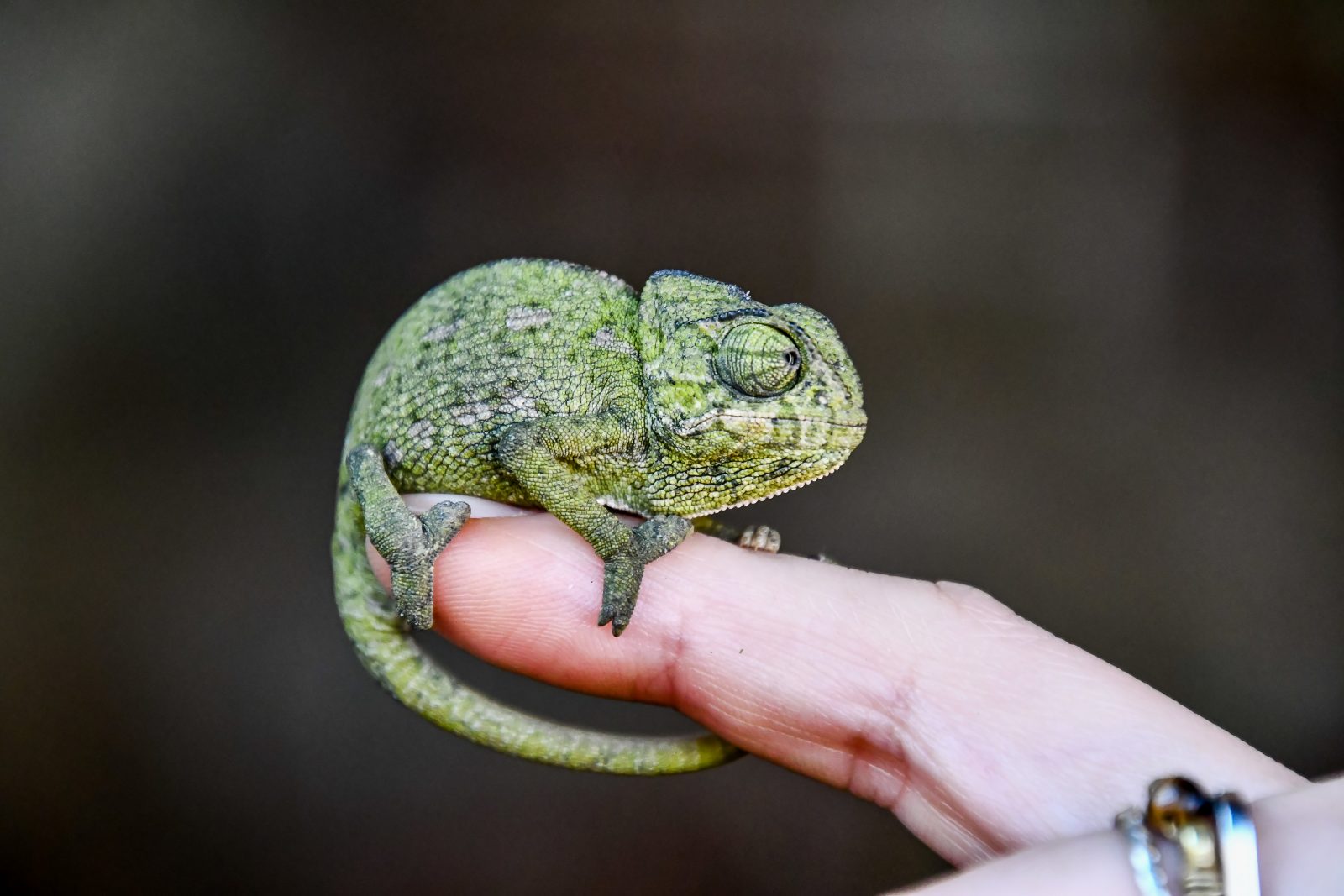
Lee Spetner Takes Aim at Darwin, Malthus and Even Antibiotic Resistant Bacteria
On this episode of ID: the Future, Ira Berkowitz interviews M.I.T. Ph.D. Lee Spetner in Jerusalem. Together they explore key arguments from Spetner’s books Not by Chance and The Evolution Revolution. Spetner explains why he considers Neo-Darwinism less than a theory and offers a surprising take on Thomas Malthus. Spetner also argues that, contrary to Darwinist propaganda, the evolution of antibiotic resistant bacteria demonstrates a loss of information rather than a gain.
Read More ›

